
The Enchanting Vava'u Islands: A South Pacific Paradise
The Vava'u Islands in Tonga are a group of over 50 islands, each offering its own unique charm and beauty. Known for their stunning turquoise waters, white sandy beaches, and vibrant coral reefs, these islands are a haven for nature lovers and adventure seekers alike. Whether you're interested in snorkeling, diving, or simply relaxing on the beach, the Vava'u Islands provide a perfect escape from the hustle and bustle of everyday life. One of the most popular activities in Vava'u is whale watching. From July to October, humpback whales migrate to the warm waters of Tonga to breed and give birth. This offers a once-in-a-lifetime opportunity to see these majestic creatures up close. You can even swim with them, an experience that is both thrilling and humbling. The islands are also rich in culture and history. Visit local villages to experience traditional Tongan life, including cultural performances, handicrafts, and delicious local cuisine. The friendly locals are always happy to share their stories and traditions with visitors. For those looking for adventure, the Vava'u Islands offer excellent sailing conditions, with numerous sheltered bays and anchorages. Kayaking through the crystal-clear waters, exploring hidden caves and secluded beaches, or hiking through lush tropical forests are just a few of the many activities available. Whether you're seeking relaxation or adventure, the Vava'u Islands in Tonga offer an unforgettable experience in one of the most beautiful locations on earth.
Local tips in Vava'u Islands
- Best time to visit for whale watching is from July to October.
- Bring reef-safe sunscreen to protect the coral reefs.
- Try the local dish 'Ota Ika,' a Tongan raw fish salad.
- Respect local customs, especially when visiting villages.
- Pack lightweight, breathable clothing suitable for tropical climates.
The Enchanting Vava'u Islands: A South Pacific Paradise
The Vava'u Islands in Tonga are a group of over 50 islands, each offering its own unique charm and beauty. Known for their stunning turquoise waters, white sandy beaches, and vibrant coral reefs, these islands are a haven for nature lovers and adventure seekers alike. Whether you're interested in snorkeling, diving, or simply relaxing on the beach, the Vava'u Islands provide a perfect escape from the hustle and bustle of everyday life. One of the most popular activities in Vava'u is whale watching. From July to October, humpback whales migrate to the warm waters of Tonga to breed and give birth. This offers a once-in-a-lifetime opportunity to see these majestic creatures up close. You can even swim with them, an experience that is both thrilling and humbling. The islands are also rich in culture and history. Visit local villages to experience traditional Tongan life, including cultural performances, handicrafts, and delicious local cuisine. The friendly locals are always happy to share their stories and traditions with visitors. For those looking for adventure, the Vava'u Islands offer excellent sailing conditions, with numerous sheltered bays and anchorages. Kayaking through the crystal-clear waters, exploring hidden caves and secluded beaches, or hiking through lush tropical forests are just a few of the many activities available. Whether you're seeking relaxation or adventure, the Vava'u Islands in Tonga offer an unforgettable experience in one of the most beautiful locations on earth.
When is the best time to go to Vava'u Islands?
Iconic landmarks you can’t miss
Mapu'a Vaea Blowholes
Explore the stunning Mapu'a Vaea Blowholes in Tonga, where nature displays its power with breathtaking ocean spouts and scenic views.
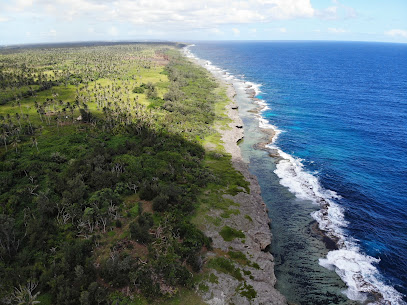
Tongatapu
Experience the natural beauty and cultural richness of Tongatapu, the largest island in Tonga, where adventure and relaxation await.
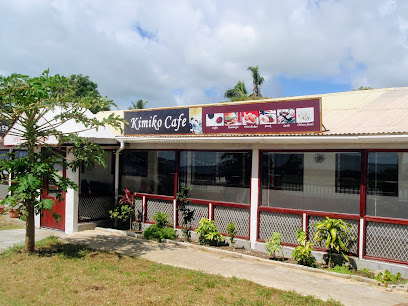
Royal Palace of Tonga
Explore the Royal Palace of Tonga, a historic gem in Nuku'alofa, embodying the richness of Tongan culture and royal heritage.
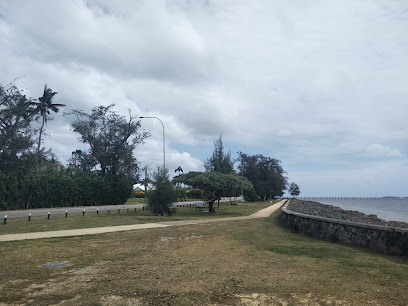
Anahulu Cave
Explore Anahulu Cave in Haveluliku, Tonga - a stunning underground attraction filled with natural beauty and rich cultural significance.
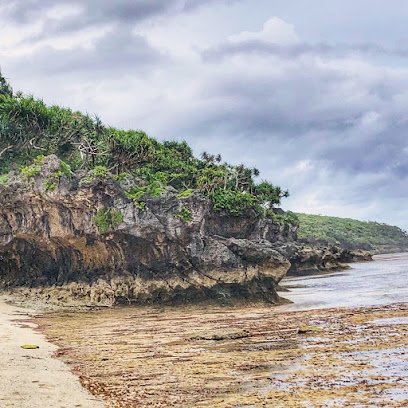
Royal Tombs
Discover the Royal Tombs of Tonga, a historical landmark that reveals the rich heritage and royal legacy of this beautiful island nation.
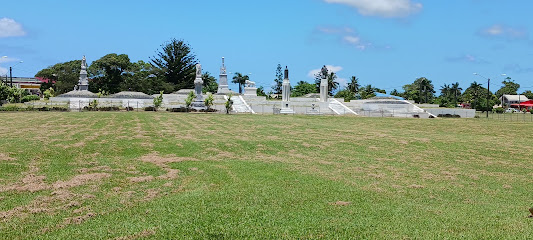
Ancient Tonga
Immerse yourself in the rich cultural heritage and stunning landscapes of Ancient Tonga, a must-see destination for every traveler.
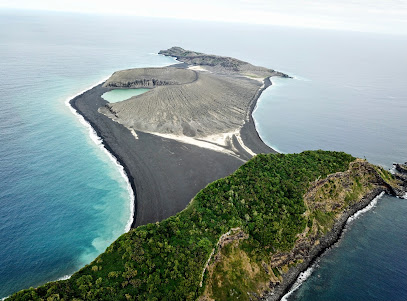
Ha'amonga 'a Maui Trilithon
Explore Ha'amonga 'a Maui Trilithon, an ancient Tongan landmark steeped in history and surrounded by breathtaking natural beauty.
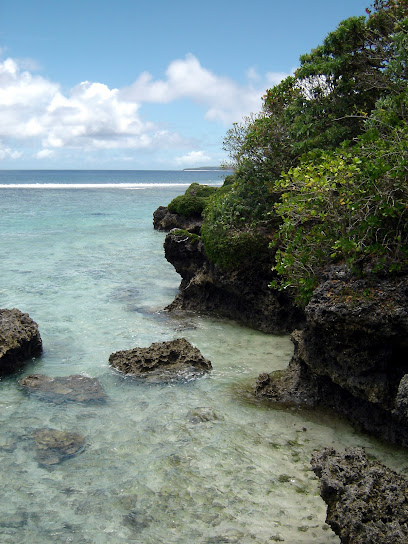
Nuku'alofa Tonga Temple
Explore the tranquil beauty of Nuku'alofa Tonga Temple, a spiritual oasis showcasing stunning architecture and rich Tongan heritage.
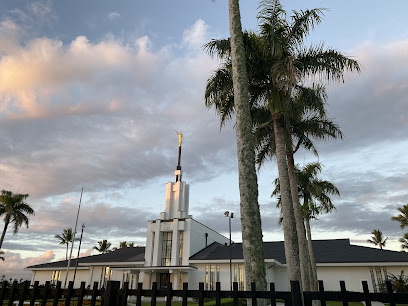
Fafa Island
Discover Fafa Island, a serene tropical paradise in Tonga with stunning beaches, vibrant marine life, and an inviting atmosphere for every traveler.
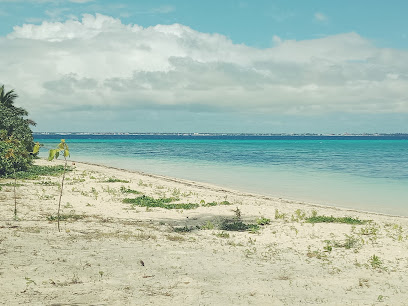
Ha'atafu Beach
Explore the serene beauty of Ha'atafu Beach, a tropical paradise in Tonga with soft sands, clear waters, and a vibrant marine ecosystem for unforgettable adventures.
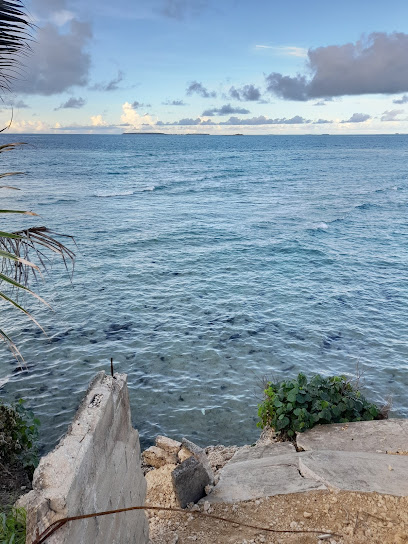
Captain Cook Landing Site
Explore the historical significance and natural beauty of Captain Cook Landing Site in Alaki, Tonga, where exploration history comes alive.
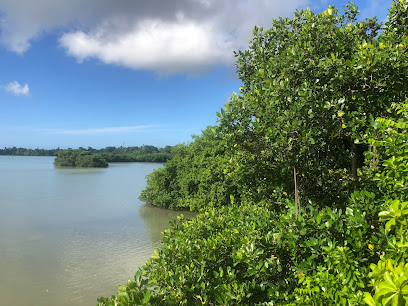
ʻEua
'Eua Island – A serene retreat of breathtaking landscapes, vibrant marine life, and warm Tongan hospitality awaits your discovery.
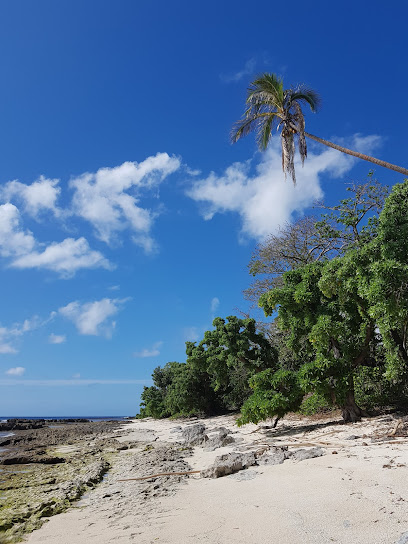
Paepae o Tele'a
Explore Paepae o Tele'a, Tonga's majestic historical landmark showcasing ancient stone structures and rich cultural heritage in Mu'a.
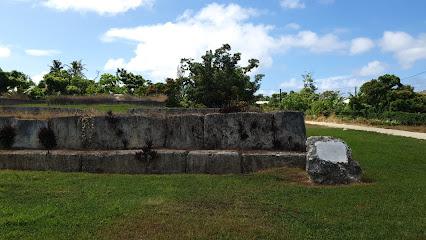
Pangaimotu Island
Escape to Pangaimotu Island, a serene tropical paradise in Tonga with stunning beaches, crystal-clear waters, and peaceful surroundings perfect for relaxation.
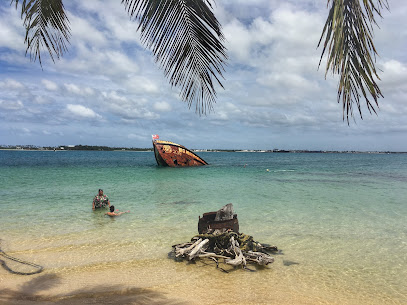
Tonga National Museum
Explore the depths of Tongan culture at the Tonga National Museum, where history and heritage come alive in the heart of Nuku'alofa.
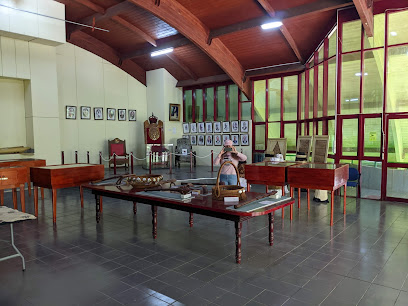
Unmissable attractions to see
Nuku'alofa Tonga Temple
Discover the Nuku'alofa Tonga Temple: a spiritual haven and architectural gem in the heart of Tonga, embodying peace and cultural heritage.
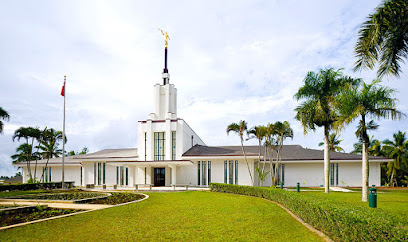
Atata Island
Explore Atata Island in Tonga, a tranquil paradise of pristine beaches, vibrant coral reefs, and rich Tongan culture.

Good Samaritan beach resort
Experience the tranquil beauty and cultural richness of Tonga at Good Samaritan Beach Resort, your perfect getaway on Tongatapu.
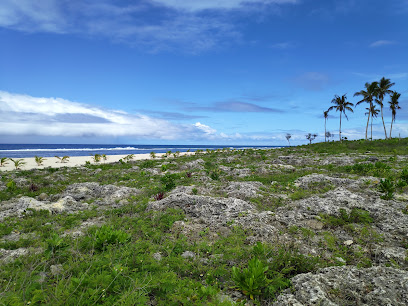
Tufaka Island
Discover Tufaka Island, a breathtaking tropical paradise in Tonga with stunning beaches, vibrant marine life, and rich cultural experiences.

Toketoke Island
Explore Toketoke Island, a serene paradise in Tonga with stunning beaches, rich culture, and endless opportunities for adventure and relaxation.

Essential places to dine
Little Italy Hotel
Discover the perfect blend of Italian cuisine and Tongan hospitality at Little Italy Hotel in Nuku'alofa.

Friends Cafe
Experience Tongan hospitality at Friends Cafe in Nuku'alofa - your go-to spot for delightful meals and local flavors.
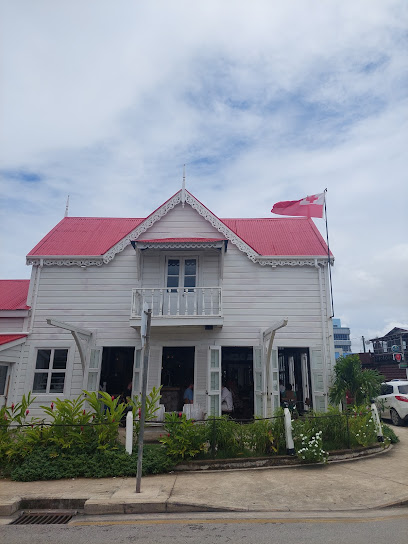
Cafe Escape
Discover Café Escape in Nuku'alofa: A delightful restaurant offering authentic Tongan cuisine and a cozy ambiance for every traveler.
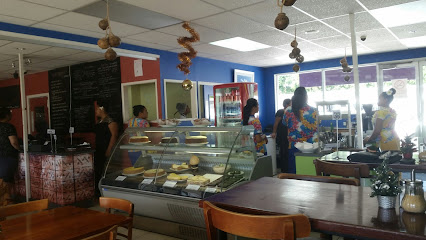
Billfish Bar and Restaurant
Experience Tongan hospitality at Billfish Bar and Restaurant with fresh seafood dishes and refreshing drinks in beautiful Nuku'alofa.
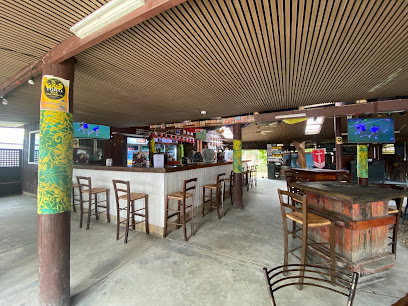
Chef Zero Restaurant
Experience authentic Tongan cuisine at Chef Zero Restaurant in Nuku'alofa - where every dish tells a story.
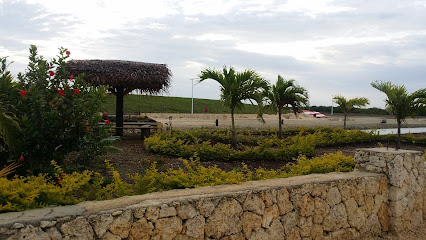
The TOP Restaurant and Lounge
Experience vibrant dining at The TOP Restaurant and Lounge in Nuku'alofa—where local flavors meet breathtaking views.
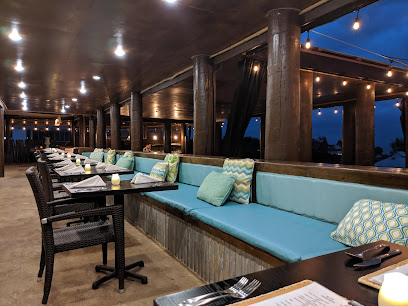
Ngutulei Bar & Restaurant
Experience authentic Tongan cuisine at Ngutulei Bar & Restaurant in Nuku'alofa—where local flavors meet international flair.
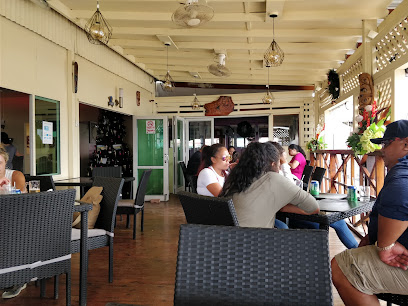
Young’s Kitchen
Discover the heart of Tongan cuisine at Young's Kitchen in Nuku'alofa – where every dish tells a story.
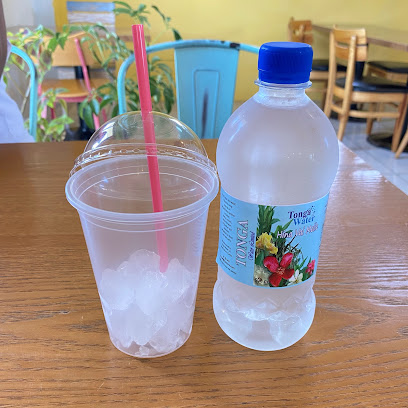
The Waterfront Cafe
Experience delicious cuisine with stunning waterfront views at The Waterfront Cafe in Nuku'alofa - a culinary gem in Tonga.
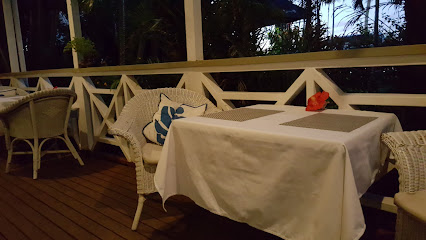
Nauti Ruby's Bar & Restaurant
Discover Nauti Ruby's Bar & Restaurant: A vibrant waterfront eatery in Nuku'alofa serving delicious cuisine and refreshing cocktails amidst stunning ocean views.
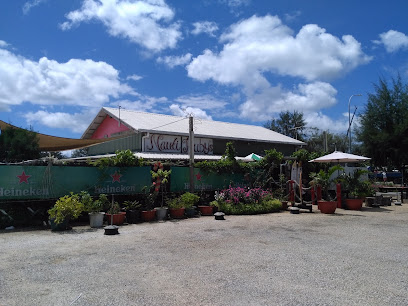
Sabrina's Chicken Vilovilo
Discover the authentic taste of Tonga at Sabrina's Chicken Vilovilo, where barbecue delights await every visitor in Nuku'alofa.
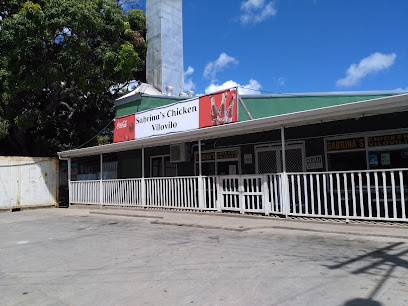
Tropical Taste
Experience authentic Tongan flavors at Tropical Taste, where every dish tells a story of island culture and culinary excellence.
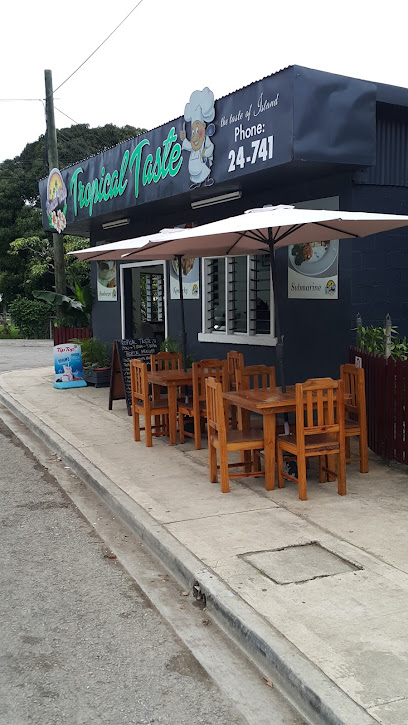
Tali'eva Inn Bar
Experience Tongan hospitality at Tali'eva Inn Bar - your go-to spot for drinks and relaxation in Nuku'alofa.
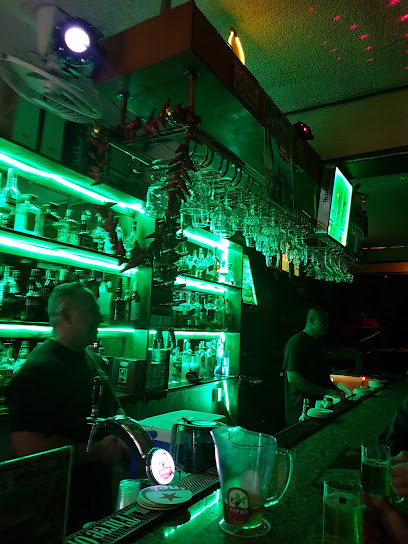
Moli Green Cafe
Discover Moli Green Cafe in Nuku'alofa: A cozy retreat offering exquisite coffee and delicious pastries amidst lush surroundings.
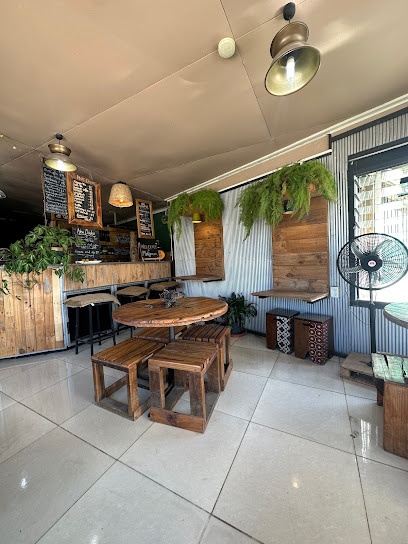
'Ofeina Restaurant
'Ofeina Restaurant: A Family-Friendly Dining Experience Offering Authentic Tongan Cuisine in the Heart of Tonga.
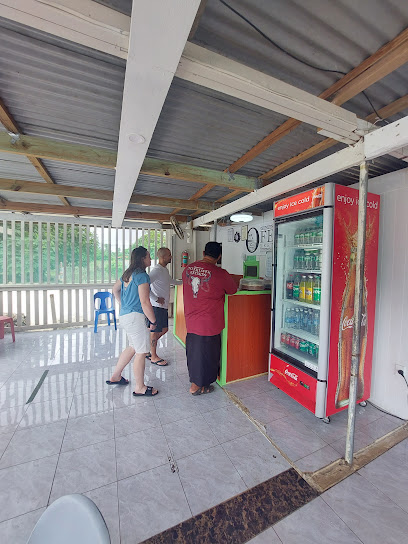
Markets, malls and hidden boutiques
Tanoa International Dateline Hotel
Discover the perfect blend of comfort and Tongan hospitality at Tanoa International Dateline Hotel in Nuku'alofa.

Mapu'a Vaea Blowholes
Discover the power of nature at Mapu'a Vaea Blowholes, where ocean waves create breathtaking displays against stunning coastal scenery in Tonga.
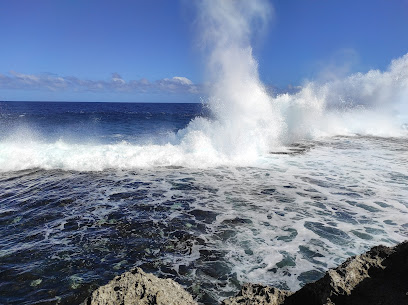
Fuaʻamotu International Airport (TBU)
Discover the beauty of Tonga by starting your journey at Fuaʻamotu International Airport, your gateway to paradise in the South Pacific.
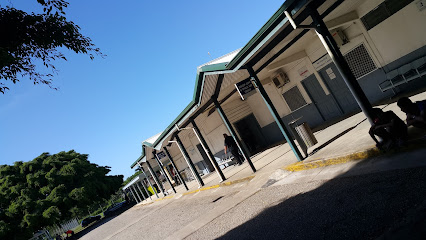
Ancient Tonga
Explore the vibrant history and traditions of Tonga at Ancient Tonga, a captivating cultural attraction in Nuku'alofa.
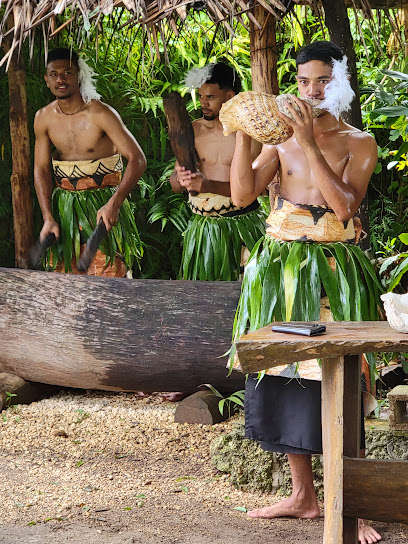
Talamahu Market
Explore Talamahu Market in Nuku'alofa: A vibrant hub of fresh produce, local crafts, and authentic Tongan culture waiting for you.
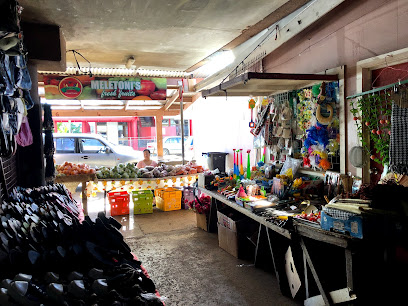
Vuna Wharf
Discover the charm of Vuna Wharf in Nuku'alofa, Tonga, where stunning ocean views meet vibrant local culture.
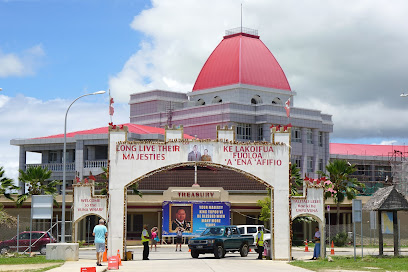
Costlow Supermarket
Explore local flavors and essentials at Costlow Supermarket in Pea, Tonga—your one-stop shop for a taste of the island.
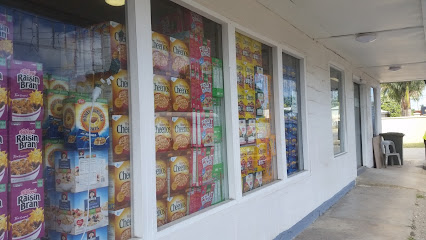
Hiki 'O Tonga
Experience the heart of Tongan culture at Hiki 'O Tonga, your ultimate shopping destination in Nuku'alofa.
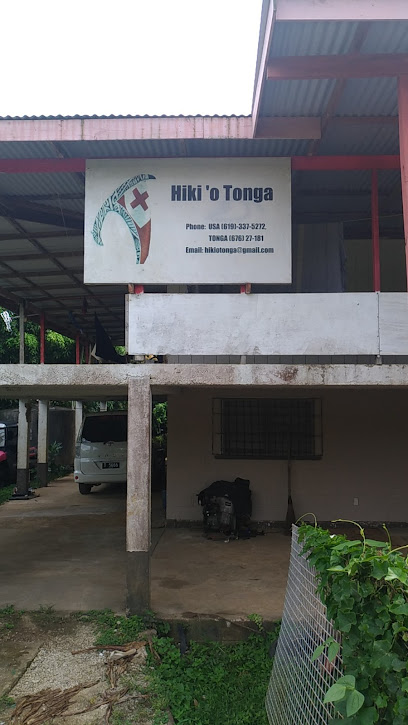
EZ TONGA ONLINE SHOPPING
Explore the best of Tongan culture and essentials at EZ Tonga Online Shopping, your premier e-commerce hub in Nuku'alofa.

Langafonua Handicraft Centre and Gallery
Explore the vibrant artistry of Tongan culture at the Langafonua Handicraft Centre and Gallery, where handcrafted treasures await every visitor.
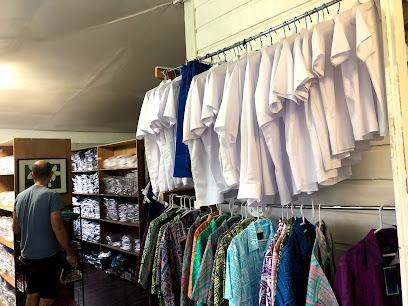
Leiola
Explore Leiola Beer Store in Nuku'alofa for a taste of local and international brews, embodying Tongan hospitality and craftsmanship.
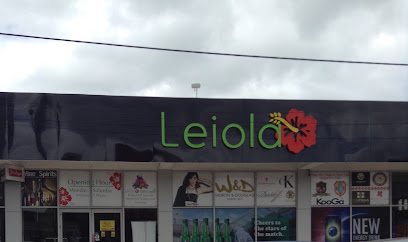
Fakafeta'i Store
Experience authentic Tongan hospitality at Fakafeta'i Store, your go-to general store in Nuku'alofa for quality goods and friendly service.
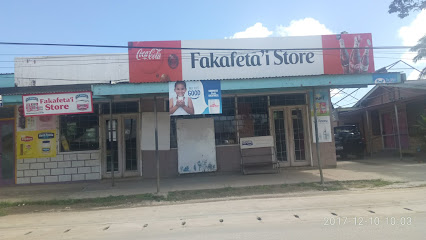
Value City (Tonga) Ltd.
Explore the charm of Value City in Nuku'alofa, Tonga, where second-hand treasures tell stories and sustainable shopping meets local culture.
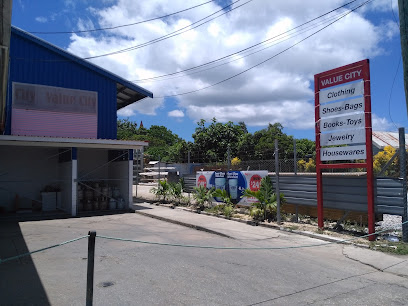
Le-Ata Tonga
Explore Le-Ata Tonga, a boutique in Nuku'alofa offering unique Tongan clothing and accessories that capture the essence of island culture.
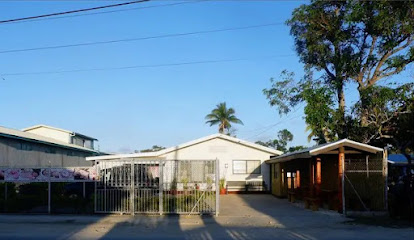
FORTUNE ISLAND SHOPPING CENTER
Explore Fortune Island Shopping Center in Nuku'alofa for a unique shopping experience blending local culture, crafts, and delicious Tongan cuisine.
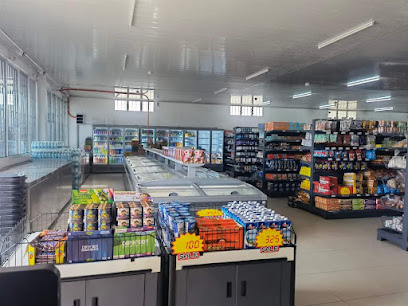
Essential bars & hidden hideouts
Friends Cafe
Experience the warmth of Tonga at Friends Cafe, a local favorite serving delicious cuisine and aromatic coffee in a charming atmosphere.
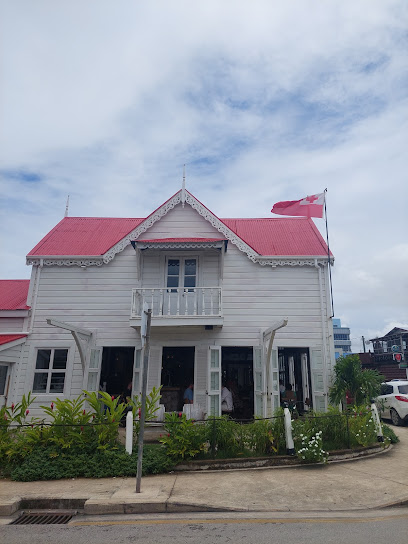
Billfish Bar and Restaurant
Experience the vibrant flavors of Tonga at Billfish Bar and Restaurant, a delightful spot for seafood lovers and tropical drink enthusiasts.
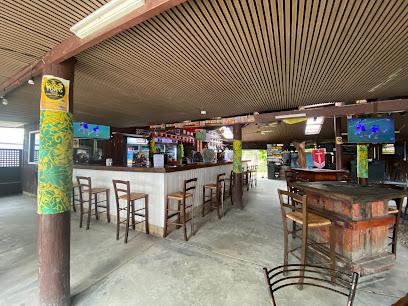
The TOP Restaurant and Lounge
Discover the flavors of Tonga at The TOP Restaurant and Lounge, where culinary excellence meets stunning views in Nuku'alofa.
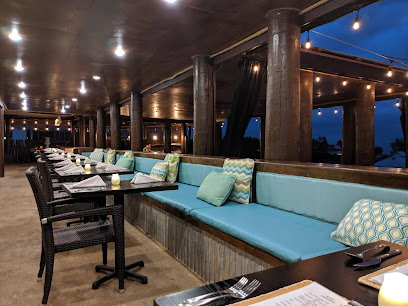
Ngutulei Bar & Restaurant
Discover the flavors of Tonga at Ngutulei Bar & Restaurant, where local cuisine meets a vibrant atmosphere in Nuku'alofa.
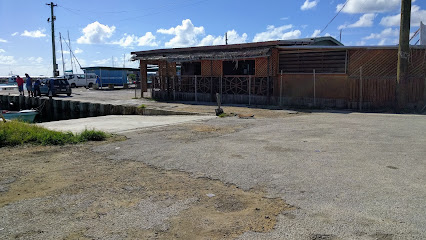
Nauti Ruby's Bar & Restaurant
Experience the best of Tonga at Nauti Ruby's Bar & Restaurant, where delicious cuisine meets stunning waterfront views.
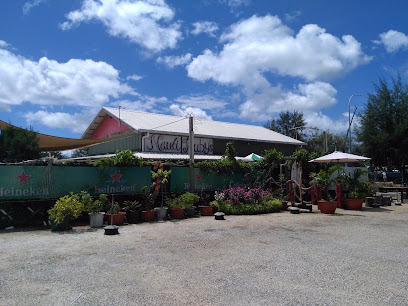
Reload Bar
Experience the vibrant atmosphere of Reload Bar in Nuku'alofa, where local flavors and tropical cocktails come together for an unforgettable night out.
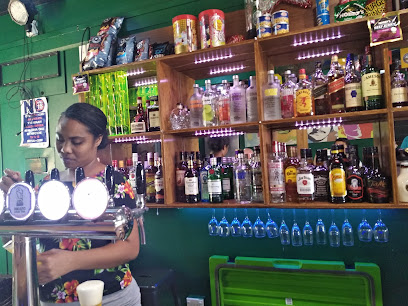
Weta Coffee - Tonga
Discover the rich flavors of Tongan coffee at Weta Coffee, a cozy café in Nuku'alofa offering exquisite brews and a welcoming atmosphere.
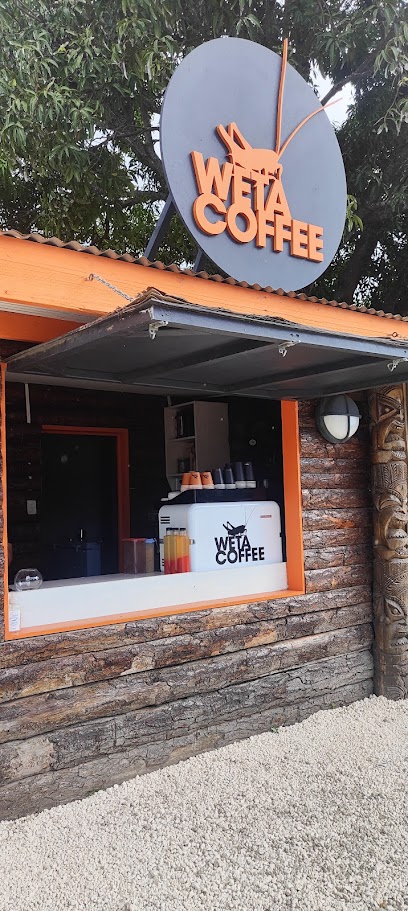
Tali'eva Inn Bar
Experience the vibrant nightlife at Tali'eva Inn Bar in Nuku'alofa, where tropical drinks and live music create an unforgettable atmosphere.
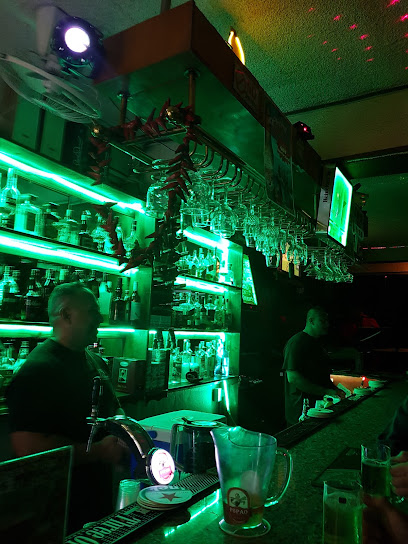
Big Mama's Bar
Experience the vibrant spirit of Big Mama's Bar on Pangaimotu Island, where tropical drinks and ocean views create unforgettable memories.
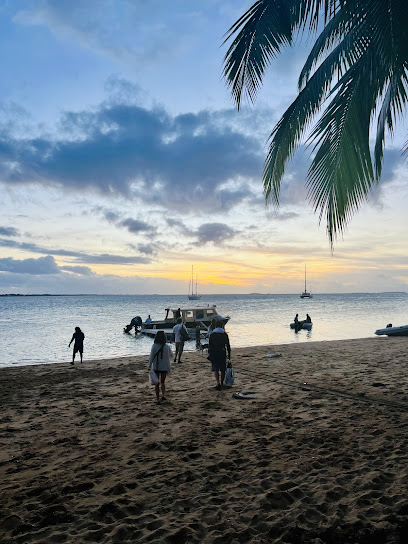
Momma’sHarbourviewRestaurant
Experience the rich flavors of Tonga at Momma's Harbourview Restaurant, where stunning views meet authentic Tongan cuisine.
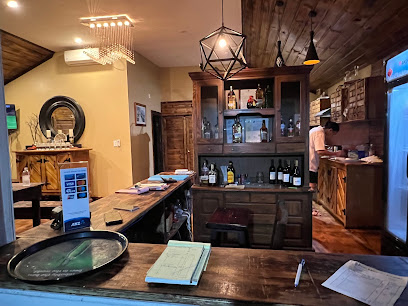
tiger inn
Experience authentic Tongan cuisine at Tiger Inn, a delightful restaurant in Nuku'alofa, showcasing the islands' rich culinary heritage.
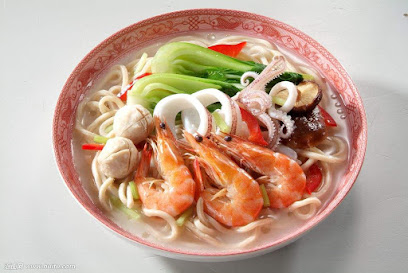
Kafataha Bong Club
Experience the lively nightlife of Nuku'alofa at Kafataha Bong Club, the perfect bar to unwind and enjoy local culture.

Local Phrases about Vava'u Islands
-
- HelloMālō e lelei
[Ma-lo e le-lei] - GoodbyeNofo ā
[No-fo a] - YesʻIo
[ʻIo] - NoʻIkai
[ʻI-kai] - Please/You're welcomeʻOfa atu
[ʻOfa a-tu] - Thank youMālō
[Ma-lo] - Excuse me/SorryFakamolemole
[Fa-ka-mo-le-mo-le] - How are you?ʻEku haʻu?
[ʻE-ku ha-ʻu] - Fine. And you?Lelei. Pea ʻoe?
[Le-lei. Pe-a o-e] - Do you speak English?Te u fai lea fakaʻingilisi?
[Te u fai le-a fa-ka-ʻin-gi-li-si] - I don't understandʻIkai haʻu
[ʻI-kai ha-ʻu]
- HelloMālō e lelei
-
- I'd like to see the menu, pleaseTe u lava ke fakahoko e fakamenu, fakamolemole
[Te u la-va ke fa-ka-ho-ko e fa-ka-men-u, fa-ka-mo-le-mo-le] - I don't eat meatʻIkai haʻu ʻikai ʻai meʻatā
[ʻI-kai ha-ʻu ʻi-kai ʻai me-ʻa-ta] - Cheers!Mālō!
[Ma-lo] - I would like to pay, pleaseTe u lava ke totongi, fakamolemole
[Te u la-va ke to-to-ngi, fa-ka-mo-le-mo-le]
- I'd like to see the menu, pleaseTe u lava ke fakahoko e fakamenu, fakamolemole
-
- Help!Tulou!
[Tu-lou] - Go away!Foki atu!
[Fo-ki a-tu] - Call the Police!Fakatapuʻi e Pulisē!
[Fa-ka-ta-pu-i e Pu-li-se] - Call a doctor!Fakatapuʻi e loea!
[Fa-ka-ta-pu-i e lo-ea] - I'm lostKuo ʻosi
[Kuo o-si] - I'm illKuo mate
[Kuo ma-te]
- Help!Tulou!
-
- I'd like to buy...Te u lava ke fakatau...
[Te u la-va ke fa-ka-tau...] - I'm just lookingTe u loto loto pe
[Te u lo-to lo-to pe] - How much is it?Ko e māʻoni?
[Ko e ma-ʻo-ni] - That's too expensiveTō māʻoni
[To ma-ʻo-ni] - Can you lower the price?Te ke fakamamafaʻi e māʻoni?
[Te ke fa-ka-ma-ma-fa-ʻi e ma-ʻo-ni]
- I'd like to buy...Te u lava ke fakatau...
-
- What time is it?Ko e hua heni?
[Ko e hu-a he-ni] - It's one o'clockKo e taha
[Ko e ta-ha] - Half past (10)Hahaki (tefulu)
[Ha-ha-ki (te-fulu)] - MorningKo e ao
[Ko e a-o] - AfternoonKo e ahiahi
[Ko e a-hi-a-hi] - EveningKo e ahiahi
[Ko e a-hi-a-hi] - YesterdayʻUa
[ʻU-a] - TodayʻI he ʻaho ni
[ʻI he ʻa-ho ni] - TomorrowʻApongipongi
[ʻA-pon-gi-pon-gi] - 1Taha
[Ta-ha] - 2Fua
[Fu-a] - 3Tolu
[To-lu] - 4Fā
[Fa] - 5Nima
[Ni-ma] - 6Ono
[O-no] - 7Fitu
[Fi-tu] - 8Valu
[Va-lu] - 9Hiva
[Hi-va] - 10Tefulu
[Te-fulu]
- What time is it?Ko e hua heni?
-
- Where's a/the...?ʻI he fekau...?
[ʻI he fe-ka-u...?] - What's the address?Ko e lea fakaʻi ha?
[Ko e le-a fa-ka-ʻi ha?] - Can you show me (on the map)?Te ke fakamālohi au (ʻi he mapa)?
[Te ke fa-ka-ma-lo-hi au (ʻi he ma-pa)?] - When's the next (bus)?ʻA e ʻaho kahaʻu (pasi)?
[ʻA e ʻa-ho ka-haʻu (pa-si)?] - A ticket (to ....)Tiketi (ki ...)
[Ti-ke-ti (ki ...)]
- Where's a/the...?ʻI he fekau...?
History of Vava'u Islands
-
The Vava'u Islands were settled by Polynesians around 3,000 years ago. These early settlers were expert navigators and seafarers, who used their knowledge of the stars, ocean currents, and wind patterns to find and colonize the islands. The Polynesians brought with them their culture, language, and traditions, which have deeply influenced the local customs and way of life.
-
The first recorded European to sight the Vava'u Islands was Dutch explorer Abel Tasman in 1643. However, it was not until 1781 that Spanish navigator Francisco Antonio Mourelle de la Rúa made detailed records of the islands. Mourelle's descriptions of Vava'u's natural beauty and sheltered harbors attracted the attention of other European explorers and traders.
-
In the early 19th century, King George Tupou I played a crucial role in the unification of Tonga. He established Vava'u as an important center of power and governance. His efforts to consolidate the various chiefdoms under a centralized monarchy helped to create a unified Tongan kingdom, with Vava'u playing a significant role in the political and cultural landscape of the nation.
-
In the early 19th century, Christian missionaries arrived in Vava'u, bringing with them new religious beliefs and practices. The London Missionary Society, led by Reverend John Thomas, was particularly influential in converting the local population to Christianity. The adoption of Christianity had a profound impact on the social and cultural fabric of Vava'u, leading to changes in traditional customs and governance.
-
During the 19th century, Vava'u became an important stopover for American and European whaling ships. The islands' strategic location and safe harbors made it an ideal place for whalers to rest, resupply, and repair their vessels. This period brought increased interaction between the local population and foreign sailors, leading to cultural exchanges and economic opportunities.
-
During World War II, Vava'u played a strategic role due to its location in the South Pacific. The islands were used as a base for Allied forces, and the presence of military personnel brought significant changes to the local economy and infrastructure. This period also marked increased contact with the outside world, leading to lasting influences on Vava'u's development.
-
In recent decades, Vava'u has emerged as a popular destination for tourists seeking to experience its natural beauty and rich cultural heritage. Activities such as whale watching, sailing, and diving attract visitors from around the world. The tourism industry has become a vital part of Vava'u's economy, fostering greater awareness and appreciation of the islands' unique history and culture.
Vava'u Islands Essentials
-
Vava'u Islands can be reached by air and sea. The primary gateway is Lupepau'u Airport, located on the main island of Vava'u. Flights from Tongatapu's Fuaʻamotu International Airport are available several times a week. Alternatively, travelers can arrive by ferry from Tongatapu, which provides a scenic and leisurely route, although the journey takes longer.
-
Transportation within the Vava'u Islands is primarily by car or boat. Taxis and rental cars are available on the main island, and for inter-island travel, water taxis and boat charters are the most common modes of transport. Bicycles and scooters can also be rented for short distances and offer a great way to explore at a relaxed pace.
-
The official currency of Tonga is the Tongan Paʻanga (TOP). Credit cards are accepted in most hotels, restaurants, and larger shops, but it is advisable to carry cash, particularly in smaller establishments or remote areas. ATMs are available in Neiafu, the main town, but ensure you have enough cash for outlying areas.
-
Vava'u Islands are generally safe for tourists. However, standard travel precautions should be taken. Avoid leaving valuables unattended and be cautious in isolated areas, especially at night. Areas with higher crime rates targeting tourists are rare, but it is always wise to stay alert and aware of your surroundings.
-
In case of an emergency, dial 911 for immediate assistance. The local hospital in Neiafu provides basic medical services, but for serious conditions, medical evacuation to Tongatapu or overseas may be necessary. Ensure you have comprehensive travel insurance that covers medical emergencies and evacuations.
-
Fashion: Do dress modestly, especially in villages and religious sites. Avoid wearing revealing clothing. Religion: Do respect local customs and traditions. Always remove your shoes when entering a home or church. Public Transport: Do be respectful and courteous. Don't eat or drink on public transport. Greetings: Do greet people with a warm 'Malo e lelei' (Hello). A friendly smile goes a long way. Eating & Drinking: Do try local delicacies and accept food offerings graciously. Don't refuse hospitality, as it is considered impolite.
-
To experience Vava'u Islands like a local, visit the local markets in Neiafu where you can buy fresh produce and traditional Tongan crafts. Engage with locals, as they are friendly and often willing to share stories about their culture and history. Don't miss a boat trip to the Swallows Cave or a whale-watching tour during the migration season for a unique and unforgettable experience.
Nearby Cities to Vava'u Islands
-
Things To Do in Pangai
-
Things To Do in Nuku'alofa
-
Things To Do in Neiafu
-
Things To Do in Ha'apai
-
Things To Do in Ha'ano
-
Things To Do in Vava'u
-
Things To Do in Kolovai
-
Things To Do in Eua
-
Things To Do in Levuka
-
Things To Do in Nausori
-
Things To Do in Suva
-
Things To Do in Rakiraki
-
Things To Do in Savusavu
-
Things To Do in Sigatoka
-
Things To Do in Labasa









